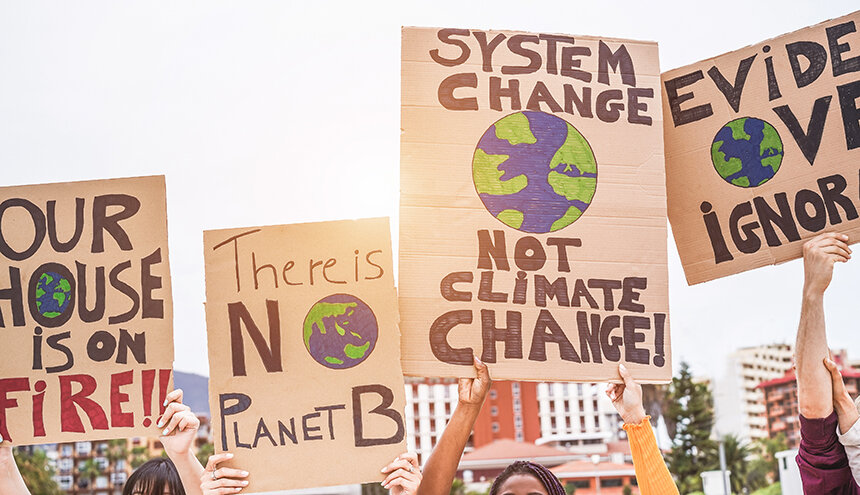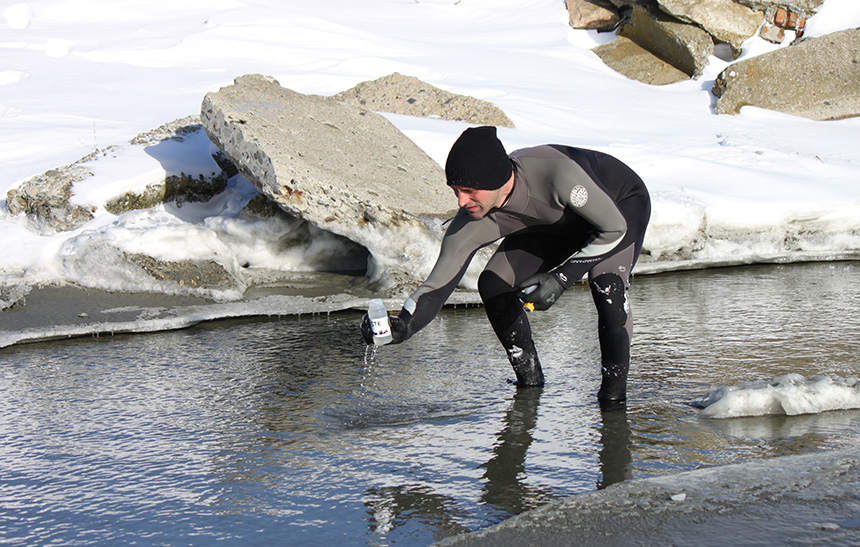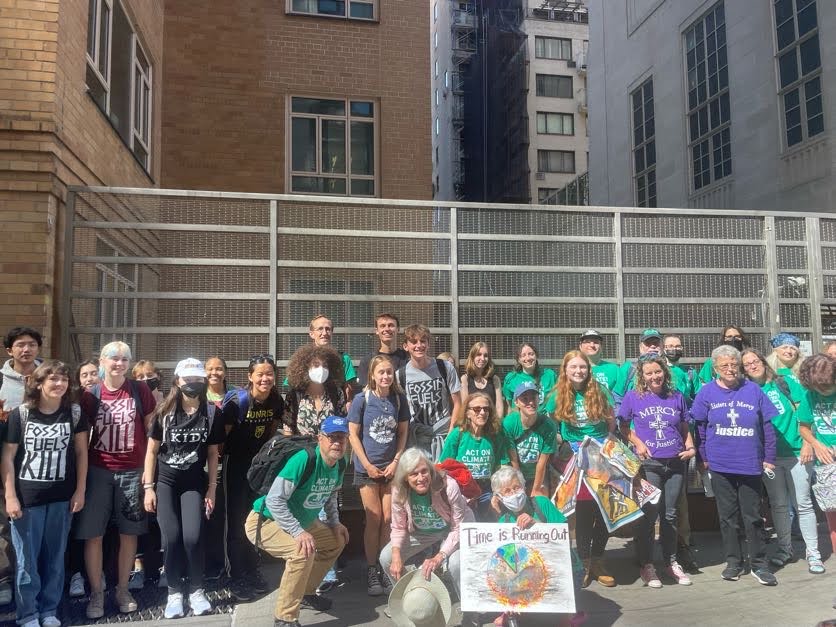Attorney General Intervenes in Proposed Fossil Fuel Plan That Concerns Port of Providence Neighbors
June 16, 2021
PROVIDENCE — Attorney General Peter Neronha has filed a motion to intervene in the Sea 3 Providence LLC project before the Energy Facility Siting Board. His office is concerned the project, which involves a proposed expansion of the liquefied propane gas (LPG) facility, could impact nearby neighborhoods already burdened by industrial operations and the associated air pollution.
The project — proposed by a subsidiary of New England propane provider Blackline Midstream LLC — would add six 90,000-gallon propane storage tanks to a vacant lot next to Sea 3 Providence’s existing 25 Fields Point Drive facility. The facility currently hosts a 19-million-gallon cold-storage tank. The proposed expansion would also connect the facility to a rail line allowing daily train deliveries to supplement regular marine shipments of LPG.
Sea 3 Providence has petitioned for a declaratory order from the Energy Facilities Siting Board (EFSB) that its proposed expansion to allow for the import of LPG by rail and increased storage capacity doesn’t require a full application or review by the three-person board because it is not an “alteration to a major energy facility.”
This project is an “ancillary modification to the existing operation of the terminal and will not have a significant impact on the environment or the public’s health, safety or welfare,” according to the company’s 16-page petition.
The attorney general’s office disagrees. In the motion to intervene, the attorney general opposes approval of the proposed expansion without a full review by the EFSB.
State law requires a full application and approval from the EFSB if the expansion is an “alteration” to the existing facility. An alteration is “a significant modification to a major energy facility, which, as determined by the board, will result in a significant impact on the environment, or the public health, safety, and welfare.”
Neronha said the proposal to expand the facility warrants a full review. He noted such a review would ensure an adequate evaluation regarding the impact on air quality, public safety and the welfare of the community and would provide affected residents an opportunity to be heard.
He also noted the proposed expansion is inconsistent with Rhode Island’s long-term climate-change goals.
“The regulatory oversight of energy facilities in our state, including their growth and activities, is necessary because of the direct impacts that those facilities have on our environment, health and public safety,” Neronha said. “That oversight is especially critical in communities that have historically borne an unfair share of Rhode Island’s pollution, like the communities surrounding the Port of Providence.”
In a recent letter to the EFSB, Mayor Jorge Elorza urged the board “to determine that the proposed Sea 3 expansion is an ‘alteration to a major energy facility’ and therefore require a full application and review by the EFSB.”
“The neighboring communities of South Providence and Washington Park have some of the highest asthma rates in the state,” he wrote. “They are also predominately low-income communities of color. Protecting these communities from the expansion of potentially harmful facilities is not only a matter of environmental protection, but also a matter of civil rights.”
He also noted the expansion of this facility would contribute to climate pollution, “which contradicts local and state climate targets that have been codified into law.”
In a press release issued by the People’s Port Authority in support of the attorney general’s intentions to intervene, its director, Monica Huertas, noted Sea 3 Providence’s expansion would ship and store an additional 540,000 gallons of LPG — an explosive and hazardous material.
This expansion, she wrote, would increase the “health and safety risks to the densely populated communities of South Providence and Washington Park. These neighborhoods are home to predominantly low-income and Black and Latinx families and are already overburdened by industrial operations and air pollution.”
In “demanding a full review by the EFSB,” Huertas said, “South Providence and Washington Park residents have a right to know the threats this project poses to their health and safety.”
The People’s Port Authority and the Rhode Island Interfaith Coalition To Reduce Poverty recently held a rally to oppose Sea 3 Providence’s expansion.
David Veliz, director of the Rhode Island Interfaith Coalition To Reduce Poverty, called the pollution generated by the city’s industrial waterfront a clear example of environmental racism that has gone unchecked by people in power.
“You can’t get more inequality than the environmental racism we’re seeing in this community,” he said.



